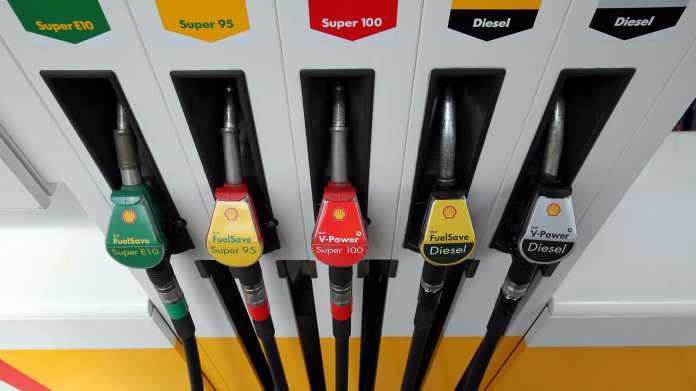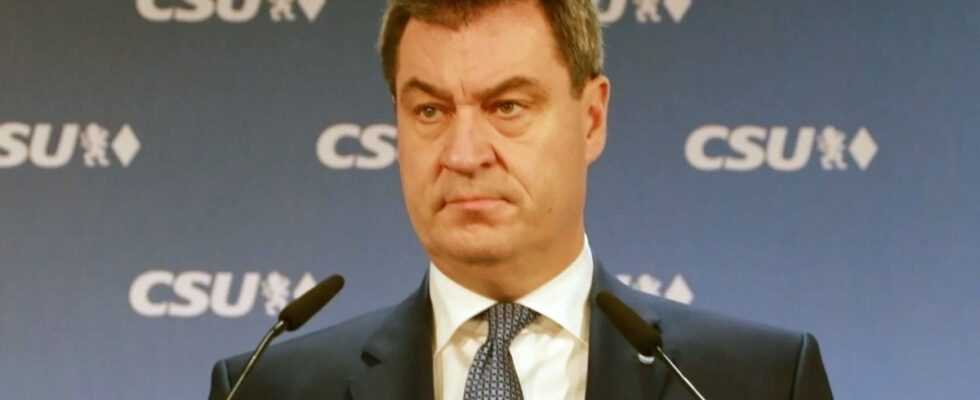According to CSU boss Markus Söder, the foreign policy of the new federal government endangers the energy supply in Germany. “The green threat not to use Nord Stream 2 harms Germany in particular,” said Bavaria’s Prime Minister German press agency with a view of the controversial gas pipeline from Russia to Germany through the Baltic Sea. “Because when gas prices rise sharply, Germany depends on a secure gas supply.”
In addition to EU partner countries, the Greens in the federal government – including Foreign Minister Annalena Baerbock – have expressed skepticism about Nord Stream 2. A mistake for Söder: “We are concerned that the departure from Angela Merkel will create a situation of uncertainty in German foreign policy. We fear a naive and uncertain green foreign policy. This is especially true in relation to Russia.”
Nord Stream 2 is supposed to bring gas from Russia to Germany bypassing Ukraine. The Baltic Sea pipeline was completed weeks ago, but is not yet operational. Russia expects an operating permit within the next six months. The US criticizes that Europe is making itself too dependent on Russia for its energy supply.
Joint Russia course required
Söder said: “Of course the challenge is great and concerns about an expansion of the conflict in Ukraine are justified. But it is not a solution to just threatening all the time. We mustn’t talk ourselves into an escalation. We need fewer threats now more talks and diplomacy. ” Chancellor Olaf Scholz (SPD )’s approach to talks with Moscow is the right approach, said Söder. “But you can tell that the traffic light speaks with two voices. That weakens the European concern.” The government needs a common Russia course.
Söder called on the new federal government to draw up a plan to ensure supplies. “We need an acceleration for power lines and urgently a gas power concept. Gas power plants are the only way to ensure price stability in the energy supply in Germany over the next ten years.” This is particularly important for the economically strong south, given the growing demand for electricity due to electromobility and digitalization.
“One cent more for the commuter flat rate”
“At the same time, the traffic light must now also present an energy price dampening program. Just reducing the EEG surcharge will not be enough,” said Söder. There is also a need for the electricity tax to be reduced to the European minimum and for the commuter allowance to be increased, at least for a limited period of time. “With a 10 cents increase at the pump, one cent more would be correct for the commuter flat rate so that the rural area is not left behind.” The high inflation in Germany is mainly the result of rising energy prices.

Söder also criticized the federal government’s position in the EU debate on nuclear energy: “It doesn’t seem credible that parts of the federal government are protesting against the new classification of gas and nuclear energy, but want to agree within the EU structures at the same time . “
(fpi)
